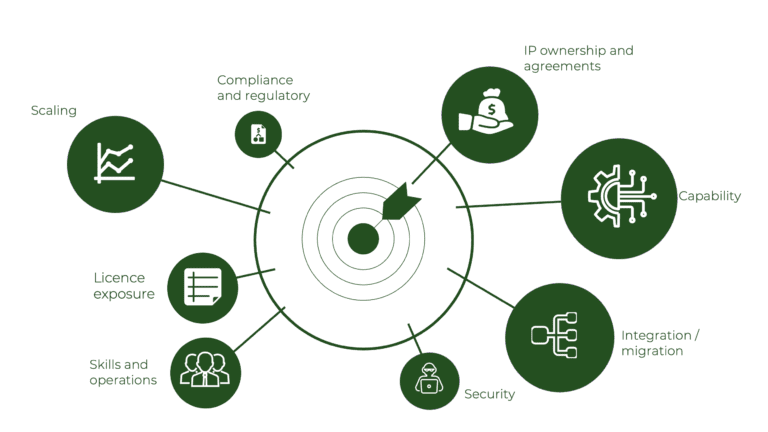The term ‘legacy industry’, or its equally euphemistic synonym ‘traditional businesses has always amused me.
The idea is a long-standing industry, large in scale, reluctant to change, built upon activities that have been around for some time. Think automotive, logistics, heavy manufacturing, steel, law, accountancy and so forth.
The term stands in direct opposition to the sexier, younger, busier, buzzier idea of new, digital businesses like SaaS, crypto, blockchain and AR.
And one of the key ideas in talking about legacy industries is that they must be disrupted. They must undergo radical change if they are to continue to serve a world that has no love for anything legacy.
This is even though the modus operandi of these industries has laid the foundation for the digital world. Not to mention that these seemingly prehistoric sectors persist despite wave after wave of threats.
The reason for this continued survival is that in fact, these legacy industries have continually adopted new ideas. They have embraced new technologies and sought out developments to their working practices.
They just haven’t fetishised the new – it has simply been a series of positive tweaks to how things have been done.
The fact that this evolution has gone unnoticed is because legacy industries have sold themselves short in tracking and valuing the impact of these changes ever since the first printing press, steam engine or mechanical digger.
Fast-forward to today and that lack of visibility has become a critical problem.
Those legacy industries that have – with quiet aplomb – simply invested in new technologies as needed – have no idea of the value of the technology that is embedded in their processes.
Which means they also have no idea of the potential future value of the business, because they don’t grasp the changes the technology can bring about.
For legacy businesses being sold, this is a critical concern for both the sell and buy side: without a clear idea of the value of the technology that underpins seeming ‘traditional’ activities, neither side really knows what is being sold, or bought.




